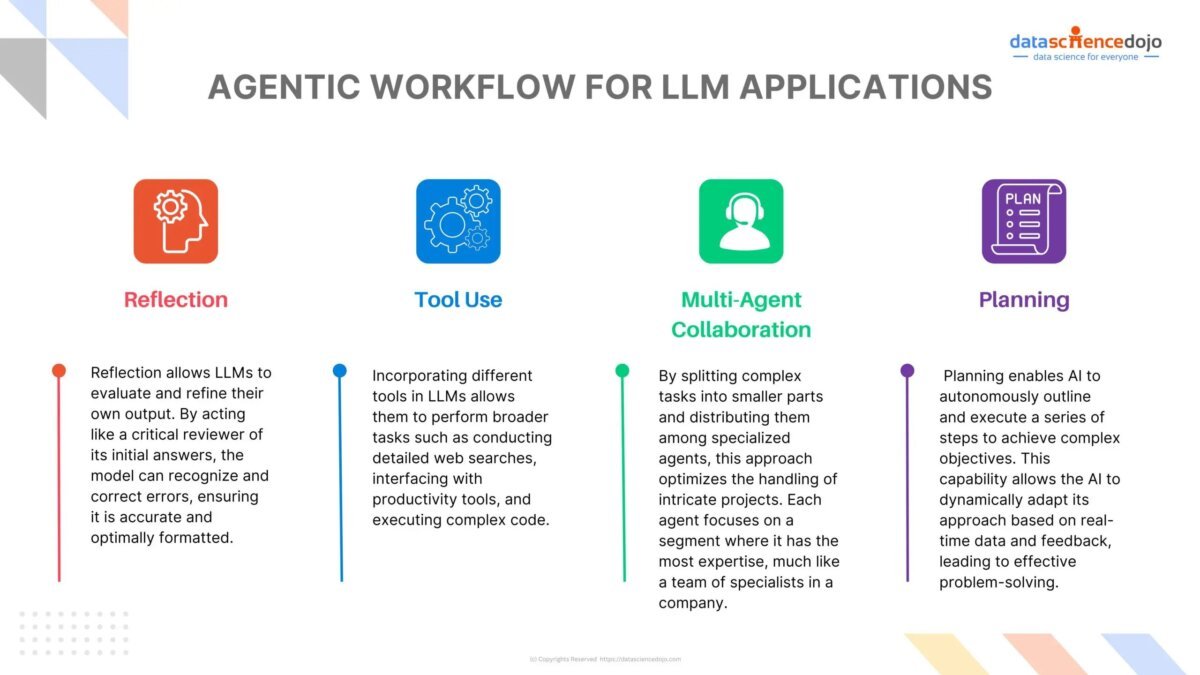CRM Chatbots vs Agentic AI: What’s Working in 2025 for Pre-Sales and Support explores the evolving landscape of Customer Relationship Management (CRM) in the near future. The intersection of automation and Artificial Intelligence (AI) is rapidly transforming how businesses engage with customers, particularly in pre-sales and support functions. This analysis delves into the core differences between traditional CRM systems, the emergence of AI-powered conversational interfaces, and the specific roles of CRM chatbots and Agentic AI in this dynamic environment.
This analysis investigates the advancements in conversational interfaces, and the implementation of AI in the CRM context. It explores the functionalities, advantages, and applications of both chatbots and Agentic AI, providing real-world examples and comparisons. This discussion also examines the integration, implementation, and future trends in CRM, while considering ethical implications and best practices for leveraging AI to enhance customer experiences.
Introduction: Setting the Stage for 2025 in Customer Relationship Management: CRM Chatbots Vs Agentic AI: What’s Working In 2025 For Pre-Sales And Support
The year is 2025, and Customer Relationship Management (CRM) has undergone a significant transformation. The focus has shifted from simply managing customer data to actively engaging and anticipating customer needs. Automation and Artificial Intelligence (AI) are no longer emerging technologies but integral components of modern CRM systems, fundamentally reshaping how businesses interact with their customers. Conversational interfaces, powered by AI, are at the forefront of this evolution, providing seamless and personalized experiences across the customer journey.
This article explores the landscape of CRM in 2025, focusing on the contrasting roles of CRM chatbots and Agentic AI in pre-sales and support. It will delve into the core differences between traditional CRM systems and those leveraging AI-powered conversational agents, examining their functionalities, advantages, and limitations. We will explore the impact of these technologies on various aspects of customer interaction, from lead qualification and product recommendations to complex issue resolution and proactive customer outreach.
The Current State of CRM and the Evolving Landscape
In 2025, CRM is characterized by hyper-personalization, predictive analytics, and proactive customer engagement. Traditional CRM systems, which primarily focused on data storage and basic reporting, have evolved into intelligent platforms that leverage AI to understand customer behavior, predict their needs, and deliver tailored experiences. The pre-sales and support functions have become increasingly automated, with conversational interfaces playing a crucial role in streamlining interactions and improving efficiency.
The evolving landscape is driven by the following key trends:
- Increased Customer Expectations: Customers demand instant responses, 24/7 availability, and personalized interactions.
- Rise of AI and Automation: Businesses are leveraging AI to automate repetitive tasks, analyze data, and provide proactive support.
- Data-Driven Decision Making: CRM systems are used to gather and analyze customer data, enabling businesses to make data-driven decisions.
- Focus on Customer Experience: Providing excellent customer experience is paramount for businesses to stay competitive.
The Growing Importance of Automation and AI in CRM, CRM Chatbots vs Agentic AI: What’s Working in 2025 for Pre-Sales and Support

Source: datasciencedojo.com
Automation and AI are critical in CRM, enabling businesses to improve efficiency, reduce costs, and enhance customer experience. Conversational interfaces, such as chatbots and Agentic AI, are the primary means of automation. They handle a wide range of tasks, from answering basic inquiries to resolving complex issues. By automating these tasks, businesses can free up human agents to focus on more complex and strategic activities, improving overall productivity and customer satisfaction.
In evaluating CRM Chatbots versus Agentic AI for pre-sales and support in 2025, a critical consideration is the user experience within the CRM itself. The effectiveness of any AI solution hinges on how easily representatives can access and utilize the information. Therefore, the principles outlined in How to Design a CRM Inbox That Reps Actually Use (2025 UX Guide) are paramount to ensure adoption and success when integrating AI, directly influencing the performance of both chatbots and agentic AI systems.
The growing importance of automation and AI in CRM is evident in the following ways:
- Improved Efficiency: Automating tasks reduces the time and effort required to handle customer interactions.
- Cost Reduction: Automation reduces the need for human agents, leading to cost savings.
- Enhanced Customer Experience: AI-powered interactions provide personalized and proactive support, improving customer satisfaction.
- Data-Driven Insights: AI analyzes customer data, providing insights that help businesses make better decisions.
Core Differences Between Traditional CRM Systems and AI-Powered Conversational Agents
Traditional CRM systems primarily serve as data repositories and provide basic reporting capabilities. They rely on human agents to handle customer interactions. AI-powered conversational agents, on the other hand, are designed to automate interactions, personalize experiences, and proactively engage with customers. They leverage AI to understand customer needs, predict their behavior, and provide tailored support.
In the evolving landscape of pre-sales and support, the debate between CRM chatbots and agentic AI continues. A prime example of automation’s impact can be seen in the real estate sector, where strategies such as those detailed in CRM for Real Estate 2025: Automation That Books More Viewings , highlight booking efficiency. The success of these automated systems directly influences how we evaluate the effectiveness of chatbots and agentic AI in handling customer interactions and driving sales.
The key differences are:
- Data Handling: Traditional CRM systems store and manage data. AI-powered agents analyze data to provide insights and personalize interactions.
- Interaction Capabilities: Traditional systems rely on human agents. AI-powered agents automate interactions and provide 24/7 support.
- Proactive Engagement: Traditional systems are reactive. AI-powered agents proactively engage with customers, offering personalized recommendations and support.
- Decision-Making: Traditional systems provide data for human agents to make decisions. AI-powered agents can make autonomous decisions based on data analysis.